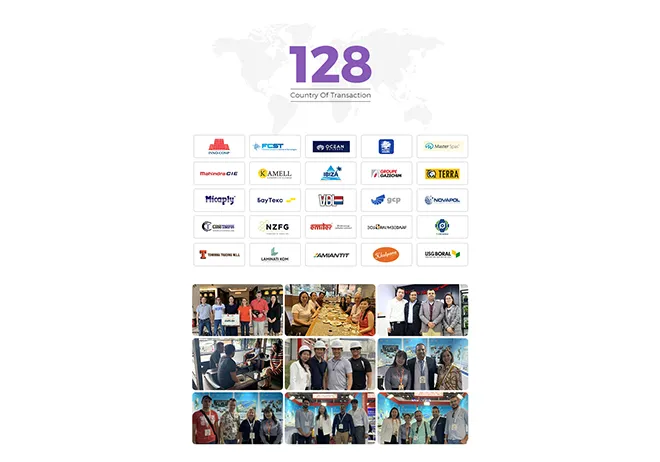mega reformers
The Rise of Mega Reformers Transforming the Educational Landscape
In recent years, the concept of mega reformers has gained significant traction within the educational discourse. These reformers represent a new breed of educational change agents who seek to implement sweeping reforms that challenge existing paradigms and structures. With their ambitious goals and innovative approaches, mega reformers are transforming the educational landscape, aiming to improve learning outcomes, equity, and overall efficiency in educational systems worldwide.
The term mega reformers generally refers to organizations, coalitions, or movements that advocate for comprehensive educational reform rather than piecemeal changes
. They address systemic issues such as funding disparities, curricular inadequacies, and teacher preparation. Their initiatives often encompass a range of strategies designed to create sustainable change—empowering communities, leveraging technology, rethinking teacher roles, and embracing inclusive educational practices.One notable example of a mega reformer is the Bill & Melinda Gates Foundation, which has invested heavily in education reform efforts. The foundation's initiatives are focused on increasing access to quality education, improving teacher effectiveness, and fostering innovative assessment methods. By working collaboratively with school districts, educators, and policymakers, the Gates Foundation aims to create a scalable model that other institutions can replicate. Their involvement has sparked discussions that challenge traditional methodologies and encourage educators to rethink how they engage with students and assess learning.
Another critical player in the mega reform movement is the unTeacher Coalition, a grassroots organization advocating for teacher-led reforms. This coalition emphasizes the importance of teacher voices in shaping educational policies. By empowering educators, they seek to cultivate a more collaborative and democratic decision-making process that reflects the needs of the students they serve. The unTeacher Coalition highlights the idea that teachers, who are on the front lines of education, possess invaluable insights that can drive meaningful change.
mega reformers

In addition to these organizations, the rise of technology-driven education platforms has also catalyzed the mega reform movement. Initiatives such as online learning, personalized education, and data analytics are challenging traditional models of instruction. EdTech companies are developing tools that enable personalized learning experiences that cater to individual student needs. Mega reformers leverage this technology to create adaptive learning environments, breaking down barriers that once hindered access to quality education.
However, the journey of the mega reformers is not without challenges. There exists considerable resistance to change within many educational institutions, often fueled by entrenched interests and traditional practices. Moreover, reforms must be carefully crafted and contextualized to avoid oversimplifying complex educational issues. The effectiveness of reforms is inherently tied to the unique cultures, values, and needs of the communities they aim to serve.
Critics argue that mega reformers sometimes prioritize efficiency over equity, potentially neglecting the needs of marginalized communities. To address these concerns, leading reformers are increasingly emphasizing the importance of inclusive practices that ensure all students have access to high-quality education. This shift towards equity not only aims to enhance educational outcomes but also to build resilient communities capable of thriving in a rapidly evolving society.
In conclusion, mega reformers are redefining the educational landscape by advocating for systemic change and innovative practices. While their efforts are paying collective dividends in raising awareness and sparking discussions about necessary reforms, the path forward remains filled with challenges. As these organizations continue to work collaboratively with educators, policymakers, and communities, the hope is that their initiatives will lay the foundation for a more equitable and effective educational system, ultimately better preparing students for the complexities of the future.
Latest news
-
Types of Pilates Machines Used in Group Classes Versatility GuideNewsJul.07,2025
-
Pilates Spine Corrector Benefits for Posture and Core StrengthNewsJul.07,2025
-
Pilates Chair for Sale Adjustable Spring Systems for All Fitness LevelsNewsJul.07,2025
-
Ladder Barrel for Sale Commercial-Grade Wooden ConstructionNewsJul.07,2025
-
Eco-Friendly Pilates Studio Equipment Sustainable Materials GuideNewsJul.07,2025
-
Adjustable Pilates Chair Settings for All Fitness LevelsNewsJul.07,2025
- Address
- Room 1601, 1302, Building A, Zijingguandi, Qiaodong District, Xingtai City, Hebei Province, China
- Sandra@raetin.com
- Phone
- +86 18231139331






